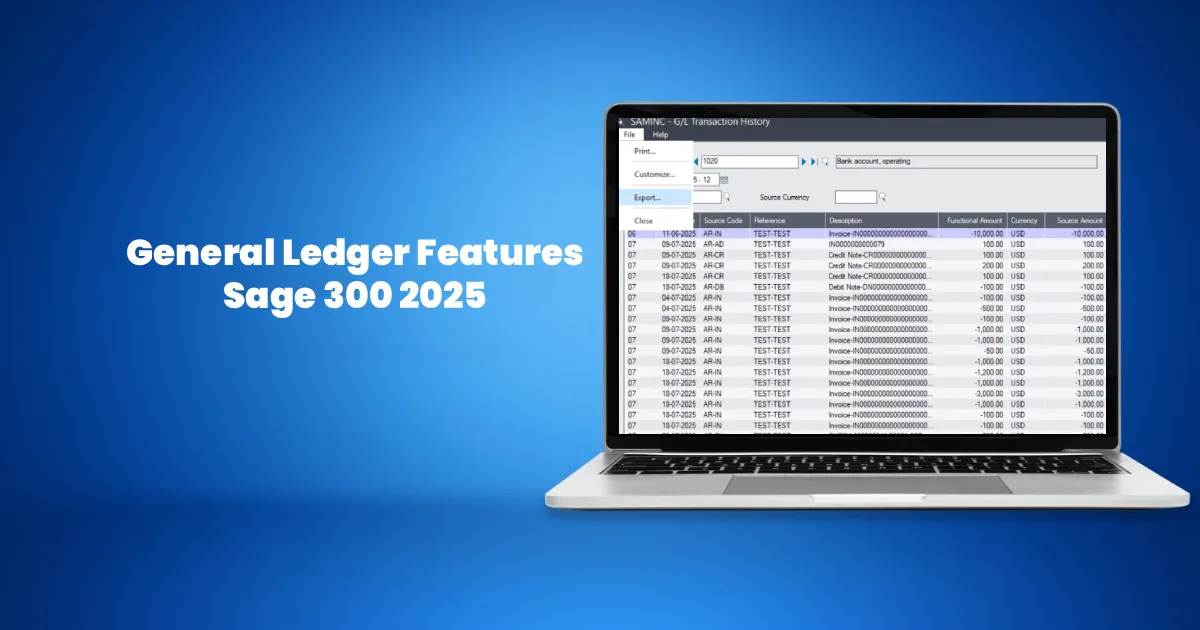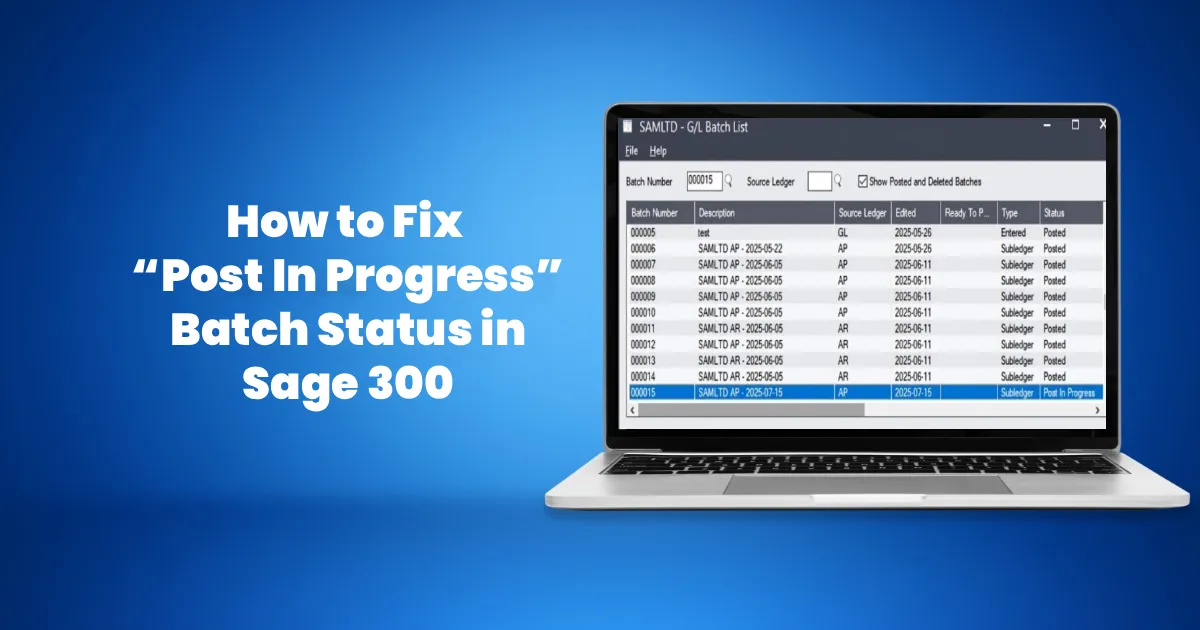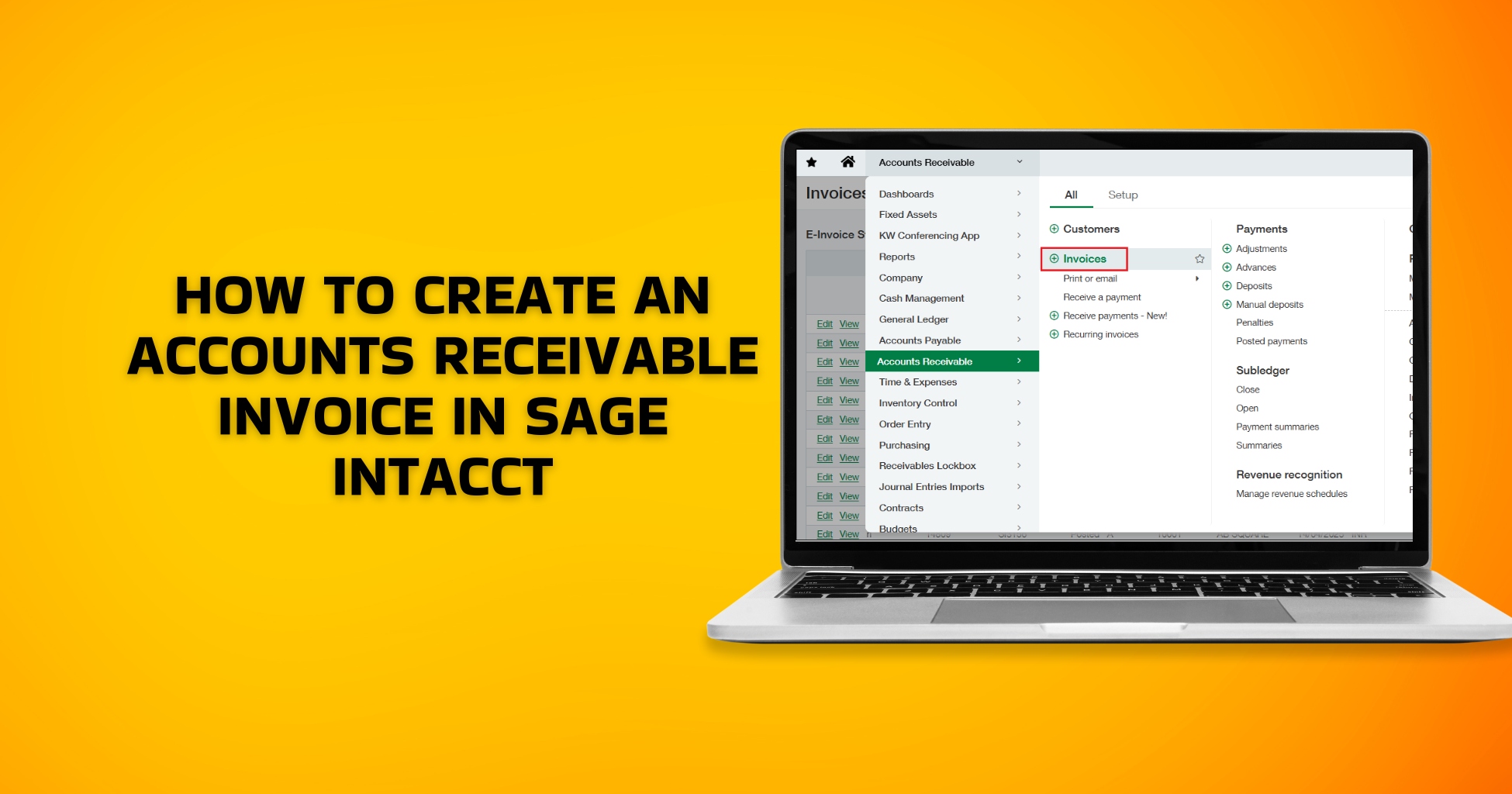What is ERP for Alloy Industry?
ERP for alloy industry is a specialized solution that streamlines tracking of alloy compositions, managing vendor contracts, handling dynamic prices, optimizing energy consumption, and adhering to the quality standards & industry regulations.
ERP software plays a critical role in industries such as the alloy industry, which requires precision & control over the composition process and a tailored approach for each alloy property. With an Alloy ERP software, businesses can generate BOMs, pre-plan production schedules, monitor every aspect of their supply chain process, and drill down into their company’s financial data.
Common Challenges Faced by the Alloy Industry
1. Disrupted Production Schedules
One of the problems faced by the alloy industry is frequent disruptions in production activity, which can lead to missed deadlines, lost opportunities, and negative impacts on the company’s goodwill. Nevertheless, this isn’t a serious issue as modern-day businesses are deploying a Manufacturing ERP to deal with this issue.
2. Need for High Precision & Control
The alloy industry is very complex as it requires high precision & control in order to maintain functional performance and achieve a higher level of safety. Maintaining precise dimensions, strength, and resistance is vital.
3. Higher Procurement Costs
The increasing costs of raw materials and higher energy dependence are prime concerns for the alloy industry. An increase in the prices of raw materials and energy costs can eat up their profit margins.
4. Environmental Regulations
Businesses have to invest in modern technological solutions to reduce the adverse impact on the environment and align with the best business practices. Failing to adhere to the environmental regulations can lead to legal consequences such as fines, penalties, and lawsuits.
Different Types of Alloy Industries Using ERP
Here are the different types of alloy industries where ERP software can be used:
1. Ferro Alloys Industry
Manage your inventory in real-time, track power consumption, control production costs, and set dynamic pricing strategies with a dedicated ERP for Ferro Alloys Industry. Automate quality checks, verify the correct blend is used for each batch, monitor your power consumption, and schedule preventive maintenance activities.
2. Aluminium and Copper Alloy Casting Industry
Integrate a diverse set of business activities, track your material attributes, gain real-time tracking of inventory throughout the casting process, and reduce the amount of wastage with a tailored ERP for Aluminium and Copper Alloy Casting Industry. Manage intricate details of each cast, track materials throughout every stage, and ensure adherence to the best industry standards.
3. Metal Alloys & Minerals
Streamline your business processes from the procurement of raw materials to their final distribution with a dedicated ERP Software for Metal Alloys & Minerals. Gain up-to-the-minute insights into business operations across different branches, perform cost analysis & profitability analysis, and ensure adherence to the best industry standards.
4. Aluminium Alloys and Casting Industry
Mitigate the unique challenges of the aluminum alloys and casting industry with ERP for aluminium alloys industry. Automatically generate Bill of Materials, plan production activities, check material availability in real-time, and seamlessly collaborate across different departments. Get tailored reports and dashboards inside your ERP for Aluminium Alloys and Casting Industry to make data-driven & impactful decisions.
You May also like : ERP for Aluminum & Metal Sheets Industry
Features of Alloy ERP Software
1. Production Planning
In today’s highly consumer-centric alloy industry, demand-driven production planning has become a necessity. This is where the ERP application comes into the picture. Preplan your production process, align resources & equipment, automate procurement of raw materials, and minimize waste.
2. Integrated Raw Material QC and Blending
Build a comprehensive vendor database, check vendor performance, and inspect procured raw material for quality issues. Identify and mitigate quality issues before shipment of your products to the final consumer.
3. Automated Costing & Profitability Analysis
Perform cost-benefit analysis, allocate your resources & budget, and manage workflow efficiently. Prioritize projects based on their return on investment, uncover hidden costs, and increase your business’s profitability.
4. Multi-Level, Process-Specific Bills of Material
A Bill of Materials serves as an important document that contains meticulous details about the production process, including production costs, quantities, and the requirements of raw materials. Automate the process of generating process-specific BOMs, and bring precision in the material procurement process.
5. Advanced MIS & Performance Analytics
Data is considered the foundation of ERP. Your ERP consolidates a vast amount of data from various sources and converts it into short, actionable insights for better decision-making. Track your business performance using various quantifiable measures to identify inefficiencies and enhance its performance.
Benefits of ERP for Alloy Industry
1. Reduced Inventory Costs
Manage all aspects of your inventory, track inventory in real-time, and ensure faster order fulfillment with a dedicated inventory management system. Avoid tying up your business capital to your inventory, minimize inventory holding costs, reduce insurance costs, and bring down waste.
2. Procurement Efficiency
An Enterprise Resource Planning system builds a comprehensive database of your vendors. Set up Key Performance Indicators (KPIs) to measure your vendor performance against the intended one. Automating the procurement process can help you save costs, procure quality products, and improve efficiency.
3. Personalized Reports & Dashboards
Gain a granular view of your company’s operations and leverage modern business intelligence tools. Generate custom reports and dashboards with short & up-to-the-minute insights for data-driven decision-making. Perform scenario analysis to estimate the potential consequences of your decisions.
4. Accurate Demand Forecasting
Analyze your past sales performance, get actionable insights, and make highly accurate forecasts to predict future demand for your products. With better demand accuracy, you can tailor your sales strategies to changing market dynamics and improve your market responsiveness.
5. Single Source of Truth
Consolidate data across different departments and build a Single Source of Truth. Improve cross-departmental communication & collaboration, reduce the chances of data obsolescence, and ensure you have access to the right & complete information.
Optimize Alloy Manufacturing Operations with Sage X3
Sage X3 is a perfect fit for the alloy industry that addresses the unique challenges faced by companies. It provides cutting-edge technology to fix operational bottlenecks, manage market risks, and capture new opportunities.
Automate every facet of your business operations, adapt swiftly to market fluctuations, eliminate redundancies, and meet complex compliance requirements with a feature-rich ERP tailored for your industry.
Frequently Asked Questions (FAQs)
1. How to choose the best ERP in ferro alloys industry?
Here are a few important parameters to choose the right ERP for ferro alloys industry:
- Determine the functional fit of the ERP with your organization
- Choose an ERP that aligns with your budget
- If you’re already using legacy systems, make sure that your new ERP is compatible with them
- Go with the cloud ERP option to avoid large upfront costs
- Make sure that your vendor provides adequate support and training for seamless adoption of the new system.
2. How does ERP software for metal alloys & minerals aid with financial planning?
Here’s how the ERP software for metal alloys & minerals assists with financial planning and management:
- Get a complete & accurate picture of your company’s financial operations
- Derive actionable insights for strong data-driven decision-making
- Drive business success with timely & accurate forecasting and scenario planning
- Plan budgets, manage expenses, and address financial variances
- Improve financial transparency and ensure audit-readiness
3. How does data analytics empower the ERP for Aluminium and copper alloy?
- Gain valuable insights to transform business operations
- Identify trends & patterns with visual charts, reports, and dashboards
- Anticipate demand for your products and forecast future sales & revenues
- Spot variances & discrepancies in the budget (such as over-spending)
- Gain a deeper understanding of your company’s operations across different branches & departments






